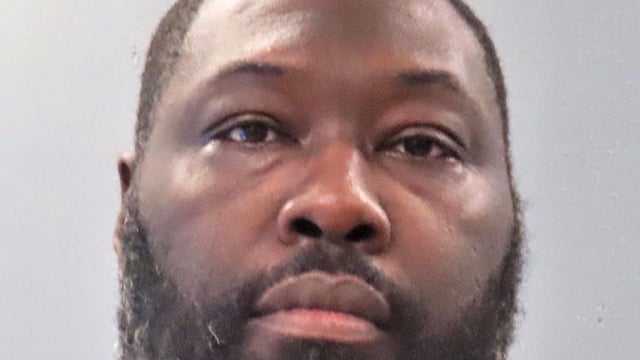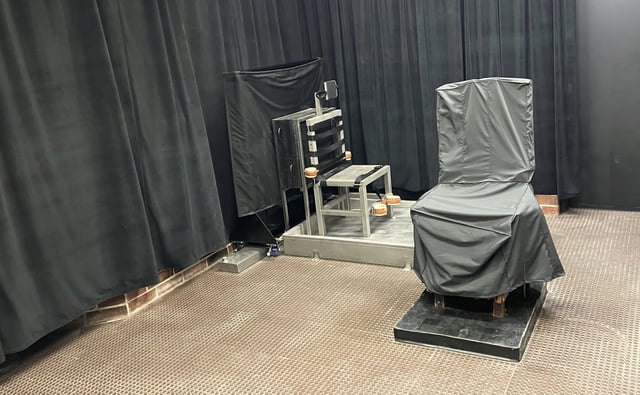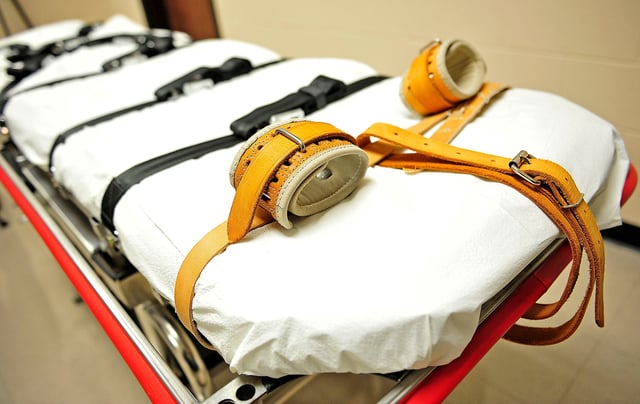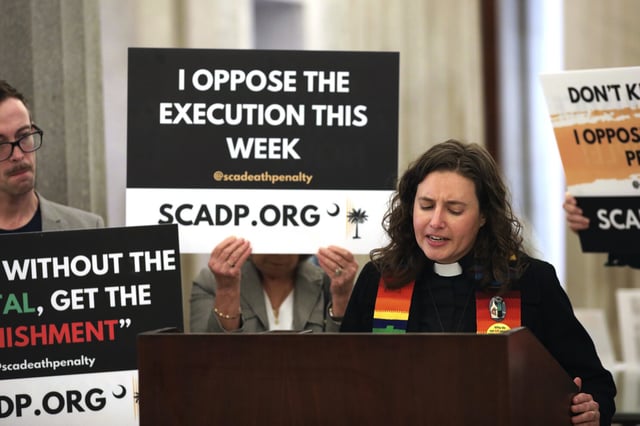Overview
- Marion Bowman, a 44-year-old man convicted of the 2001 murder of Kandee Martin, was executed by lethal injection in South Carolina, marking the state's third execution since lifting a 13-year pause on capital punishment.
- Bowman consistently maintained his innocence, claiming his conviction was based on unreliable witness testimony and withheld evidence, and refused a plea deal early in the case because he said he did not commit the crime.
- His legal team argued that racial bias, inadequate defense counsel, and prosecutorial misconduct undermined his trial; these claims were rejected by the courts, including the U.S. Supreme Court, which denied his final appeal.
- The execution reignited debates over the use of lethal injection, with concerns raised about the drug pentobarbital's effects and the secrecy surrounding its procurement under South Carolina's shield law.
- Bowman declined to request clemency, stating he could not accept life imprisonment for a crime he did not commit, while his family and advocates highlighted his humanity and the harsh conditions he endured on death row.



